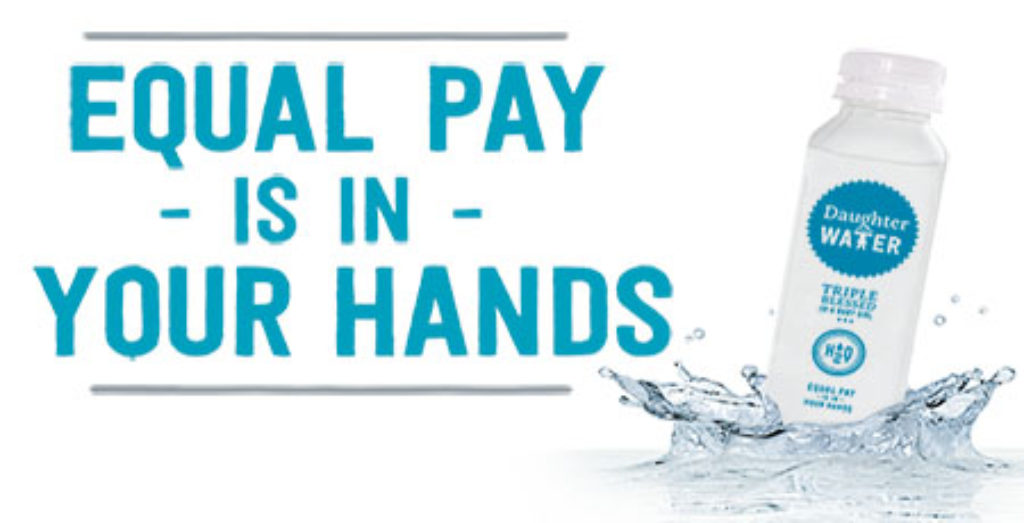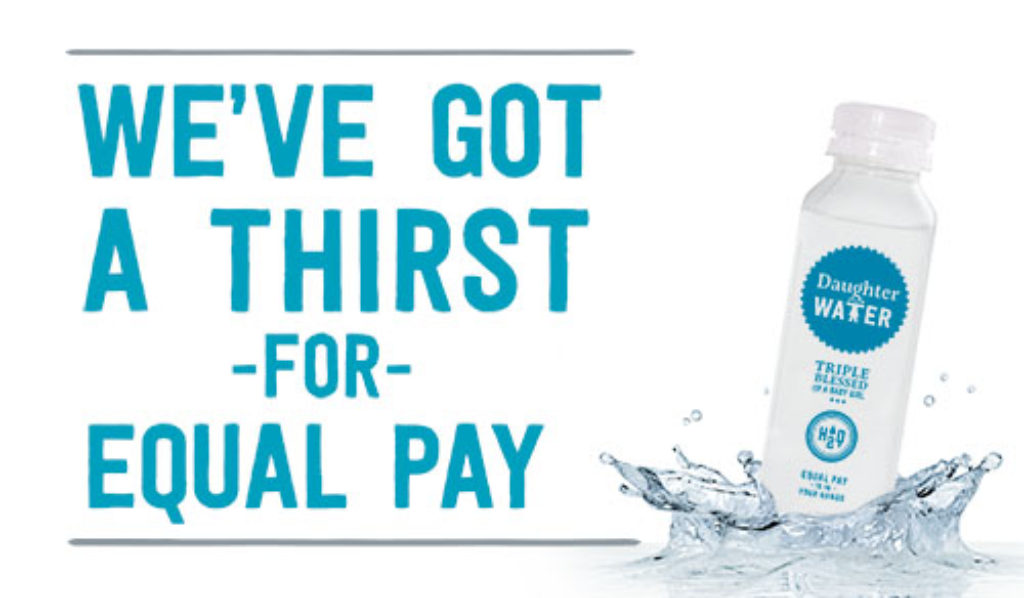ACLW is an official Supporter of WGEA’s Equal Pay is in Your Hands Campaign launched on 30 September 2014.
Gender bias impacts performance rating and pay decisions creating instances of women being unfairly paid less than men for doing the same or a comparable job, otherwise known as like for like pay gaps.
Leading employers know this, so they analyse their pay data and take action to correct imbalances. They do this because they know they can’t attract and retain the best people and improve workplace productivity if there’s any unfairness of perception of unfairness. Unfortunately, very few employers understand how widespread this issue is. In fact, according to standardised gender reporting data available this year for the first time, less than 1 in 5 employers have done a pay roll analysis in the past year and less than half of those employers took any action as a result of conducting that analysis.
Everyone has a role to play in tackling pay inequities – directors, CEOs, HR specialists, people managers and employees.
The Workplace Gender Equality Agency launched a ground-breaking national campaign to lift the lid on like for like pay gaps backed up by a comprehensive range of tools and resources to help everyone ensure gender bias plays no part in pay decisions (targeting five groups listed above).
The quirky campaign aims to put equal pay in the hands of CEOs across Australian businesses by leveraging a common ‘light bulb’ moment that has prompted many business leaders to act on the issue – the birth of a daughter.
Not wanting to chance on CEOs having these light bulb moments, WGEA is manufacturing Daughter Water – a tonic formulated using a special combination of old wives’ tales to help CEOs conceive baby girls.
Every CEO who hasn’t done a pay roll analysis and taken action will be mailed a bottle of Daughter Water to draw their attention to the campaign and accompanying resources, and employees can search their employers approach to the issue.
The WGEA aims to sign up 100 Pay Equity Ambassadors by September 2015 and increase the number of reporting organisations taking action by 10% by the 2014- 15 reporting period.
A number of industry bodies, professional associations and advocacy organisations have signed up to the campaign as Pay Equity Official Supporters, committing to promoting the campaign and seeking to drive change within their sphere of influence/ industry/profession.
For more information see http://www.inyourhands.org.au/
You can see if your employer has pay equity in hand by searching for them here.
Pay Equity Workshops
Many organisations wrongly assume they don’t have a gender pay gap and are surprised by the results once they’ve actually crunched the numbers.
In October and November 2014, the WGEA will be conducting a national pay equity workshop series, to help organisations manage and improve equal remuneration between women and men in the workplace.
Organisations leading the way in gender equality know unfairness or perceived unfairness can negatively impact on workplace productivity, employee engagement and access to talent. A big part of ensuring employees feel like they are being treated equally and fairly is pay equity; ensuring women and men who are doing work of equal or comparable value are receiving the same remuneration.
Unintended gender biases in hiring, promotion, performance and pay decisions – which are commonly found in organisations – can lead to pay inequity and while most gaps are not the result of conscious discrimination, many employers do not realise they have gender pay gaps or do not have the knowledge to investigate and address the issues.
Pay equity is central to any robust gender equality strategy and the only way an organisation can know if they have a pay equity issue is through a gender pay gap analysis, which is why the WGEA are conducting a national pay equity workshop series to assist organisations take the necessary first step to ensure equal remuneration for women and men in the workplace.
The workshop series will commence from October 2014 and will be held in major capital cities and will help organisations:
- understand key issues on pay equity
- conduct a payroll analysis
- interpret the results of a payroll analysis
- build a pay equity strategy and action plan.
Enrol in one of the WGEA’s available workshops and join a growing number of organisations that recognise doing nothing on pay equity is no longer an option if they want to ensure they are attracting and retaining the best possible talent.
Places are limited to 15 people per workshop.
Fee: $330 inclusive of GST ($70 discount available for Not for Profit organisations)
To register: https://www.wgea.gov.au/events-and-workshops/workshop-practical-guide-pay-equity

